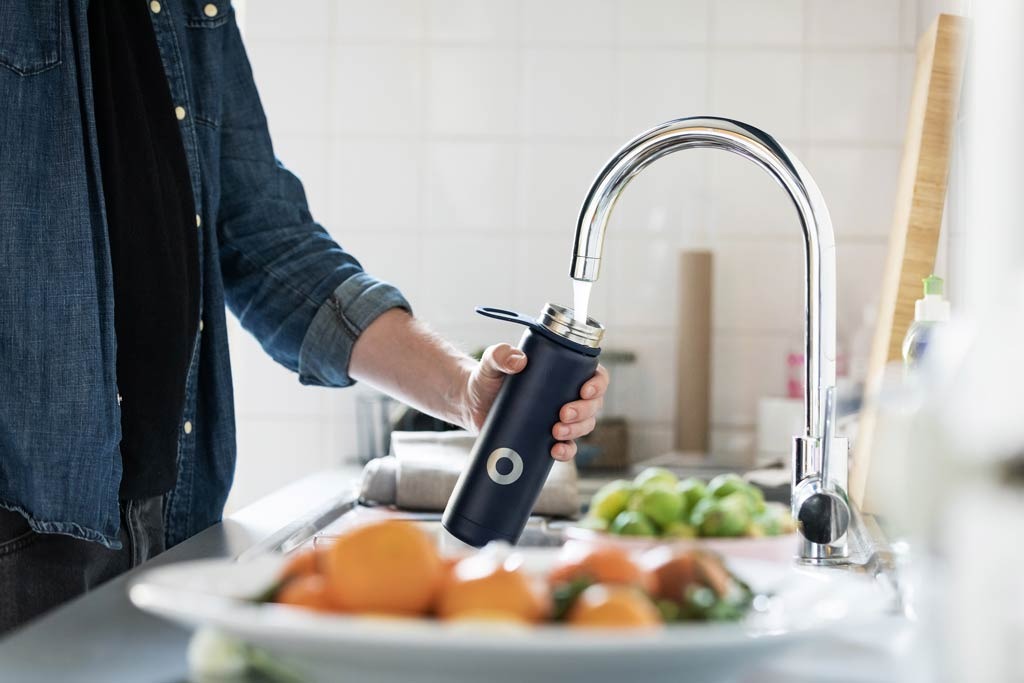Dietary measures in preventing kidney stones
Preventing kidney stones with simple dietary interventions
URINARY STONE DISEASE
Ivo Dukic
1/8/20242 min read


Kidney stones can cause severe pain if they move inside the kidney or ureter. Yyou can prevent them from happening as frequently with stone diet prevention.
Kidney stones are most commonly made of calcium and oxalate. Calcium oxalate stones often form over several years and somebody who has formed kidney stones has approximately a 50% chance of forming a further kidney stone in the next 5-10 years.
Here are a few tips for preventing calcium oxalate kidney stones:
Drink plenty of fluids. Aim for at least 2.5 litres of water per day, spread throughout the day. This will help to flush out any crystals that may be forming in your kidneys. The aim is to keep your urine colourless at all times.
Limit your intake of high-oxalate foods. Oxalate is a substance that can bind with calcium and form kidney stones. Some examples of high-oxalate foods include spinach, beets, chocolate, and nuts.
Eat calcium-rich foods. Calcium can help to bind oxalate in your digestive tract and prevent it from being absorbed into the bloodstream. Good sources of calcium include dairy products, leafy green vegetables, and fortified foods (where calcium has been added).
Reduce your intake of sodium. Sodium can increase the amount of calcium in your urine. Aim to consume no more than 2.3 grams of sodium per day.
Eat a balanced diet. Make sure to include plenty of fruits, vegetables, and whole grains in your diet. These foods are low in oxalate and high in nutrients that can help to prevent kidney stones.
Maintain a healthy body weight. Keeping a healthy body weight is associated with less frequent formation of kidney stones.
This advice is tailored for the patients with most common type of kidney stone which is calcium oxalate. There are other types of kidney stones including struvite stones (infective stones), uric acid stones, phosphate stones and cystine stones which can cause problems within the kidneys or the tubes draining the kidneys (ureters). Different types of stones may need different types of dietary prevention or medical treatment.
Depending on your risk of getting further stone disease you may need more tests to establish why you have formed kidney stones, such as blood tests and further urine tests. Please ask your urologist about whether these are required for you.
Remember that eating healthy doesn't have to be boring. Many delicious and nutritious foods can help you to prevent kidney stones. So get creative and experiment with new recipes.
Reliable patient information on kidney stones is available at the following links the European Association of Urology and the British Association of Urological Surgeons.
Get in touch today to arrange further information and discuss stone prevention.
Mr Ivo Dukic is an experienced consultant urologist who offers personalised consultations in Birmingham, United Kingdom. Schedule an appointment with him for expert, bespoke advice through his Top Doctors profile or book an appointment through Harborne Hospital, HCA Healthcare, the Priory Hospital, Edgbaston, Circle Health Group or Droitwich Spa, Circle Health.
Ivo Dukic
Contacts
e-mail: admin@ivodukic.co.uk
Telephone number for private patients:
0121 716 9046
(Mondays to Fridays 0800 - 18:00)
For NHS patients seen at University Hospitals Birmingham NHS Hospitals please get in contact on
0121 424 9011
(Mondays to Fridays 0900 - 17:00)
ivodukic.co.uk
© 2026 UrolSurg LTD


